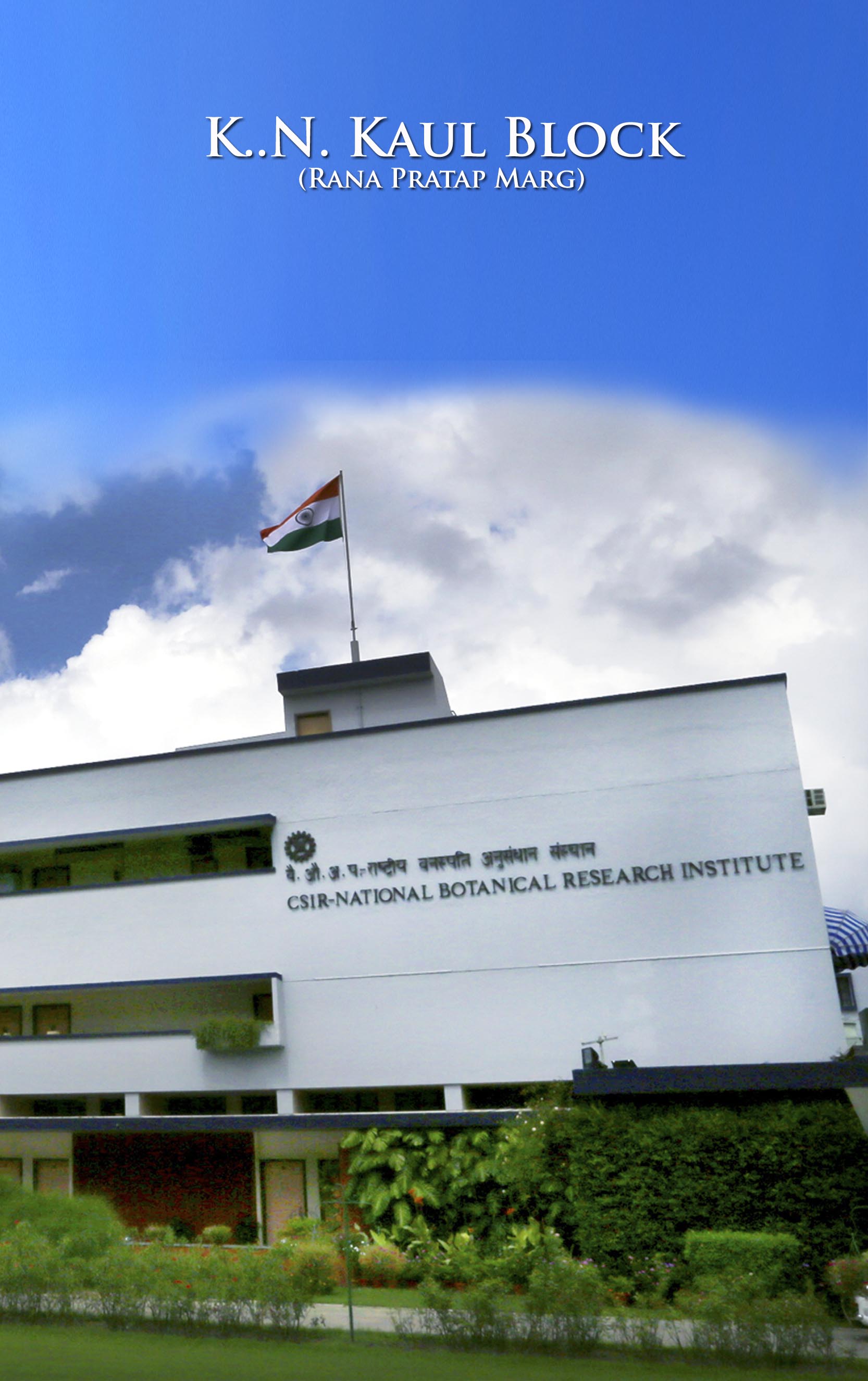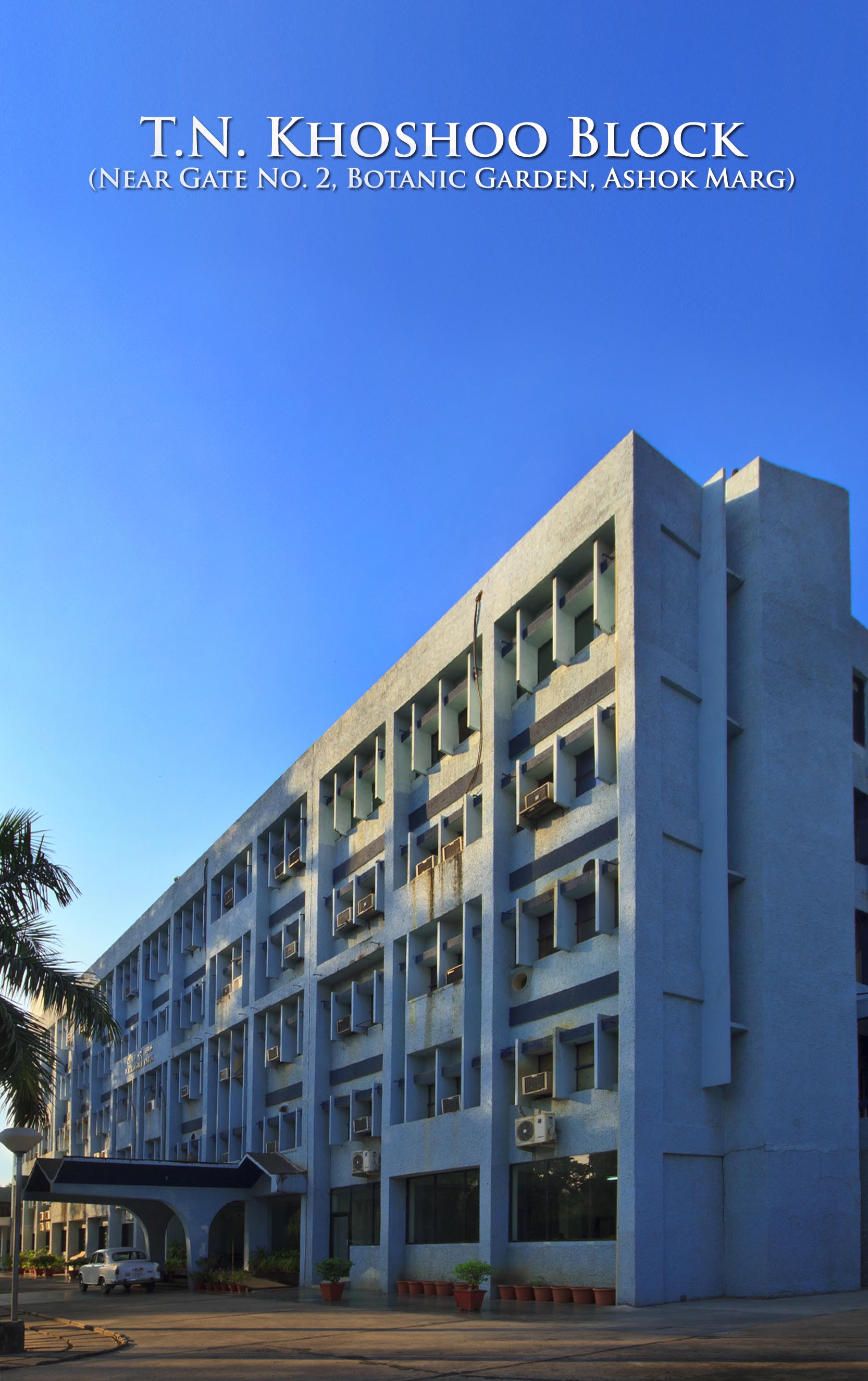
The CSIR-National Botanical Research Institute (NBRI) – is amongst one of the constituent research institutes of the Council of Scientific and Industrial Research (CSIR), New Delhi. Originally set up as the National Botanic Gardens (NBG) by the State Government of Uttar Pradesh (U.P.), it was taken over by the CSIR in 1953. Though, initially engaged in research in the classical botanical disciplines, the NBG went on laying an increasing emphasis, in keeping with the national needs and priorities in the field of plant sciences, on its applied and developmental research activities. A time came when it was felt that the name NBG no longer projected the correct nature and extent of its aims and objectives, functions and R & D activities. Consequently, the NBG was renamed as the NBRI, i.e., The National Botanical Research Institute in 1978. This name has since correctly reflected the distinctive character and the R & D activities of this applied botanical institution only of its type in the country.
The aims and objectives of the Institute are pursued through various projects distributed among the following six broad areas of R & D supported by S&T support services for their respective activities:
